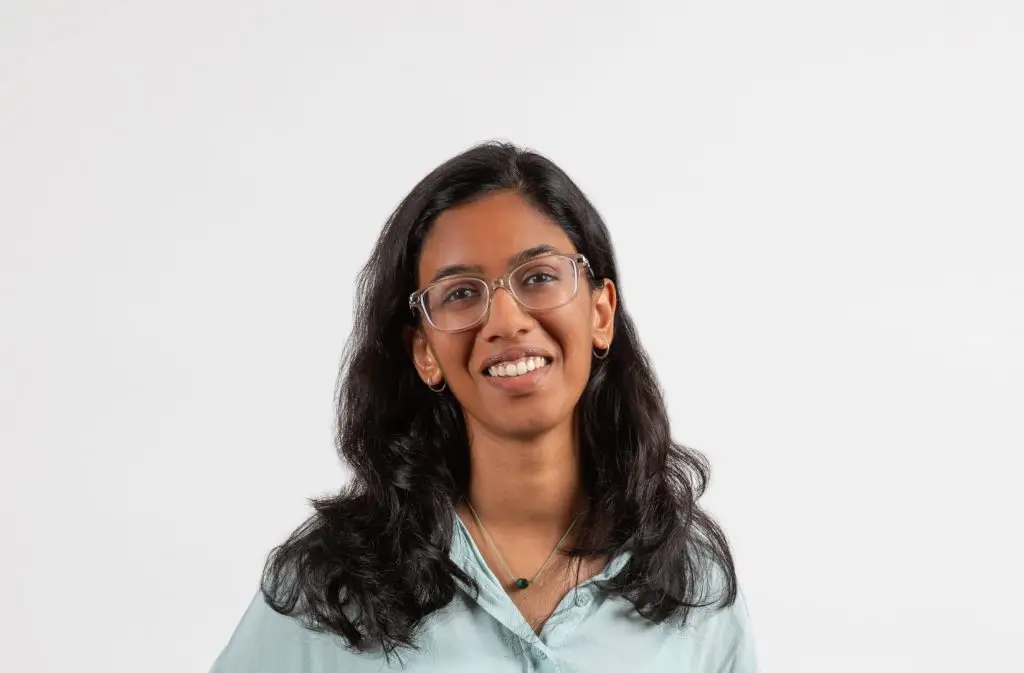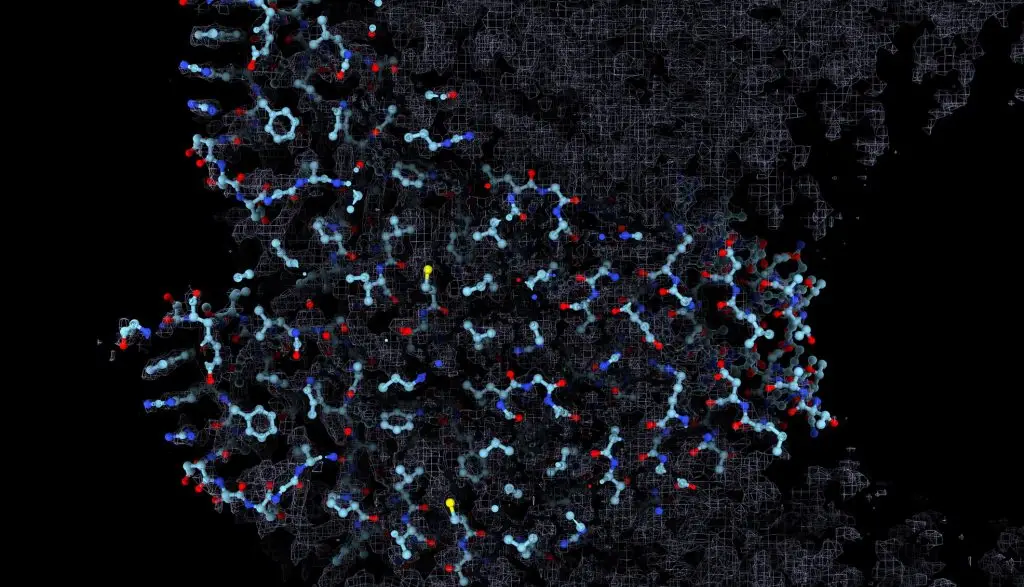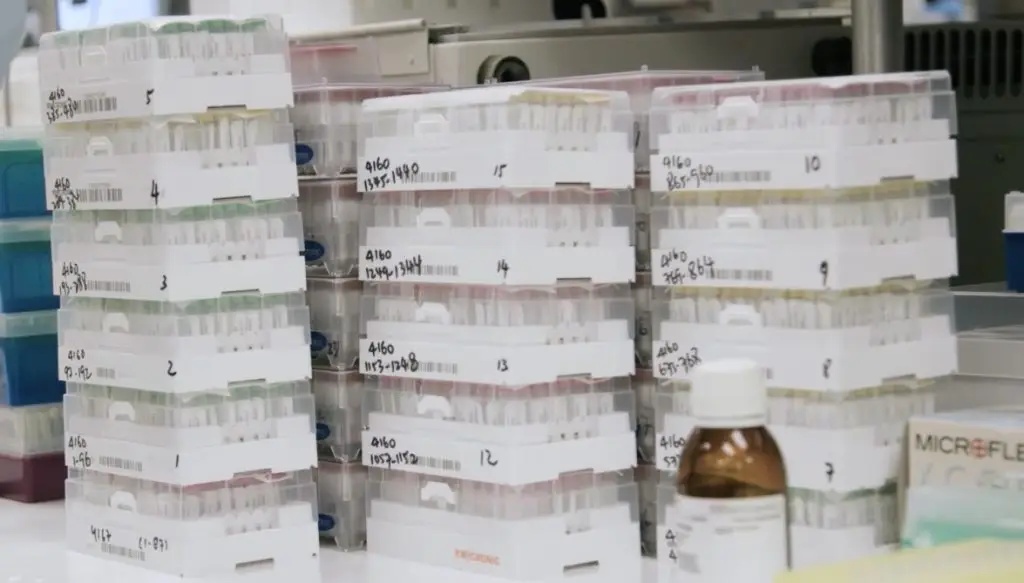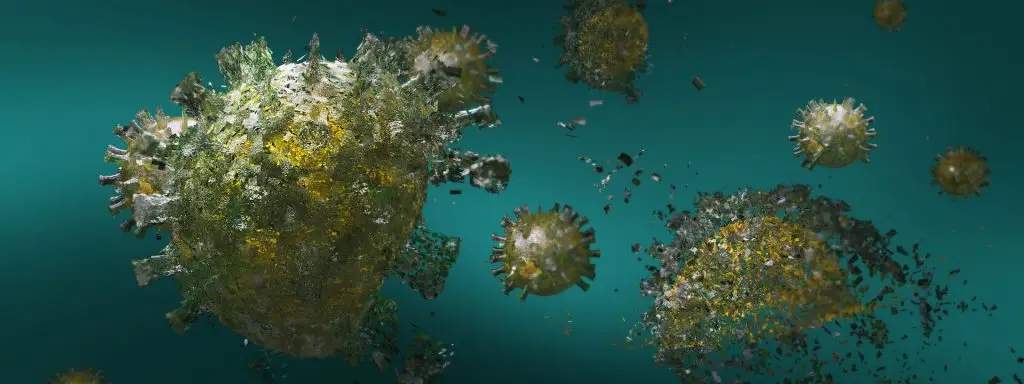Chikungunya
Chikungunya virus (CHIKV) is a type of alphavirus endemic to tropical and subtropical regions of Africa, Asia, and the Americas, though occasional outbreaks have been reported in other areas. According to the World Health Organization, CHIKV has been identified in over 110 countries. CHIKV is carried by Aedes aegypti and Aedes albopictus mosquitoes. These mosquito species have spread into new areas, including Southern California, in recent years.
Chikungunya disease symptoms usually begin 8 to 12 days after a person is bitten by an infected mosquito. Chikungunya patients will often develop a sudden fever, followed by severe joint pain—which can last days, months, or years. Patients can also develop flu-like symptoms and rashes. Heart problems and neurological complications have also been reported. The disease is rarely fatal, but the symptoms can be debilitating. Young babies, including newborns infected at birth, and the elderly, are at most risk of severe Chikungunya symptoms and death.
There is vaccine and no specific treatment for CHIKV infection. The disease can also be difficult to diagnose properly because the symptoms are very similar to dengue fever and Zika infection.
Our Approach
Researchers at La Jolla Institute for Immunology (LJI) are investigating how CHIKV infects cells and how the immune system responds to a CHIKV attack.
LJI Professor Sujan Shresta, Ph.D., is investigating CHIV as part of the National Institute for Allergy and Infectious Diseases’ (NIAID) Flavivirus and Alphavirus ReVAMPP (FLARE) program. Her laboratory is working with scientists nationwide to test experimental vaccine strategies against deadly viruses from the flavivirus and alphavirus families, including CHIV.
LJI Research Assistant Professor Daniela Weiskopf, Ph.D., and LJI Professor Alessandro Sette, Dr.Biol.Sci., are investigating how the immune system’s T cells recognize and target CHIKV. Their goal is to uncover which sites on the virus, called “epitopes,” prompt a strong response from human T cells. Dr. Weiskopf is also working with patient samples from a 2014-2015 CHIKV outbreak in Colombia to learn more about T cell activity in people who were diagnosed with the disease. This research is a key step in developing vaccines that trigger a protective T cell response.
LJI Research Assistant Professor Alba Grifoni is also investigating CHIV as part of a CEPI-funded effort to boost pandemic preparedness. Dr. Grifoni’s laboratory is harnessing a bioinformatics approach to uncover how T cells recognize and target CHIV epitopes.
A critical tool in this CHIKV research is the Immune Epitope Database (IEBD), home of expertly curated data and cutting-edge tools to analyze how the immune system recognizes and responds infectious agents and allergens. The IEDB is directed by Dr. Sette and LJI Professor Bjoern Peters, Ph.D. Scientists around the world have submitted their data on CHIKV infections and immune responses to the IEDB.
LJI Professor, President, and CEO Erica Ollmann Saphire, Ph.D., MBA, is investigating how human antibodies target viruses such an CHIKV and related alphaviruses. Her laboratory uses high-resolution imaging techniques such as cryo-electron microscopy to map viral structures and uncover where viruses are vulnerable to neutralizing antibodies.
Learn more:
Related News
- Institute News
- Research News









